Image of a Boeing aircraft. (AI-generated image)
[People News] On the morning of April 24, an undelivered Boeing aircraft took off from the Boeing Completion and Delivery Centre in Zhoushan, Zhejiang Province, heading to Guam, with its final destination being Boeing’s factory in Seattle, USA. This marked the third Boeing plane rejected and returned to the U.S. due to tariffs.
On April 15, 2025, Chinese authorities ordered Chinese airlines to stop accepting Boeing planes and related equipment as a retaliatory measure against the United States' 145% tariffs on Chinese goods. In response, China imposed an additional 125% tariff on American products. Within five days, three Boeing 737 MAX planes originally scheduled for delivery to Chinese airlines returned from Zhoushan to Boeing’s Seattle facility. Boeing CEO Kelly Ortberg stated that due to the tariff environment, Chinese airlines had stopped receiving deliveries, and Boeing planned to resell around 50 planes originally destined for China to other countries. China’s three major airlines (Air China, China Eastern, and China Southern) had planned to receive 179 Boeing aircraft between 2025 and 2027, but this plan is now hindered by the tariff war. Analysts view this as a commercial retaliation move by the Chinese Communist Party (CCP), but argue that it will not harm Boeing significantly — rather, it could end up hurting China's own aviation industry, exposing serious flaws in CCP decision-making.
The CCP's order for Chinese airlines to halt Boeing deliveries and return three 737 MAX planes within five days appears, on the surface, to be a tough counterattack against the U.S. tariffs. In reality, it is a foolish commercial move that is unlikely to harm Boeing and could weaken China’s aviation sector instead. This short-sighted decision and its root causes can be analysed as follows:
First, the high global demand for Boeing aircraft greatly diminishes the impact of the CCP’s retaliatory move. The Boeing 737 MAX is one of the world's best-selling narrow-body aircraft, with strong demand especially in Asia-Pacific and European low-cost airline markets. Boeing CFO Brian West noted that other airlines are actively contacting Boeing to purchase additional aircraft, showing that reselling these planes is no problem at all. Moreover, because of forfeited deposits (about 100 million yuan per plane), Boeing profits even more despite the cancelled orders.
In 2024, Boeing delivered 334 aircraft, with China accounting for only 2% (130 orders) of its business. Boeing’s global order backlog stands at 6,319 planes, indicating that the Chinese market, while important, is not strategically vital. Meanwhile, Europe’s Airbus, constrained by production capacity, cannot quickly fill the demand gap in China, and China's domestically produced C919 still faces technical and production limitations, making it difficult to replace Boeing planes anytime soon. As such, China's flight ban against Boeing leaves Boeing largely unscathed and highlights the impotence of its retaliatory strategy.
Secondly, the CCP's decision severely harms the long-term interests of China's aviation sector. China is the world’s second-largest aviation market, with domestic passenger volume reaching 680 million in 2024, creating strong demand for new aircraft. China's three major airlines had planned to receive 179 Boeing aircraft to support route expansion and replace ageing fleets. Now, disrupted aircraft deliveries could force airlines to delay growth plans or rely on costly leasing arrangements, increasing operational burdens. More critically, the ban on purchasing American aircraft parts may cause difficulties in maintaining existing Boeing fleets, impacting flight safety and operational efficiency. With Boeing planes making up about 40% of Chinese airlines' fleets, a parts supply cutoff could significantly weaken competitiveness and hurt passengers. This self-destructive behaviour reveals the CCP’s shortsightedness in prioritising political posturing over economic rationality.
The fundamental reason behind this move lies in the CCP’s rigid decision-making and politicised mindset. First, the CCP leadership views the tariff war as an ideological confrontation, trying to show a tough stance through "head-on confrontation" to mask domestic economic woes. Targeting Boeing was intended to shift internal pressures onto the U.S. However, such politicised commercial decisions ignored Boeing’s global market dominance and China’s aviation needs, resulting in a self-inflicted wound.
Second, the CCP’s bureaucratic system and information blockade worsen decision-making errors. The National Development and Reform Commission (NDRC) controls aircraft deliveries, showing a high concentration of decision-making power with little market input. Top CCP officials likely underestimated Boeing’s global demand and resale capability and failed to assess the long-term impact on China's domestic aviation sector. On platform X (formerly Twitter), many Chinese citizens mocked the move as a “self-harming, high-level black operation,” noting that the CCP is retaliating against the U.S. at great cost to itself under mounting economic pressure. This misstep reflects the information asymmetry and lack of independent thinking within the CCP system, leading to irrational policies.
The CCP's order to halt Boeing deliveries and send back three 737 MAX aircraft is a foolish commercial farce within the tariff war, failing to hurt Boeing while weakening China's aviation industry. Boeing’s global appeal and robust market demand made the CCP’s retaliation a laughingstock, exposing the short-sightedness and rigidity of its decision-making. Fundamentally, this act stems from the CCP placing political posturing above economic rationality, trying to "fight hard" to cover up internal crises, but instead causing self-destruction due to a rigid bureaucracy and information bottlenecks. Chinese airlines now face operational difficulties, passengers will bear higher ticket prices and safety risks, while Boeing easily resells the planes without suffering any losses. The CCP’s tariff war strategy is like driving off a cliff, unable to reverse the trend of economic and diplomatic decline, with collapse looming ever closer.
(First published by People News)


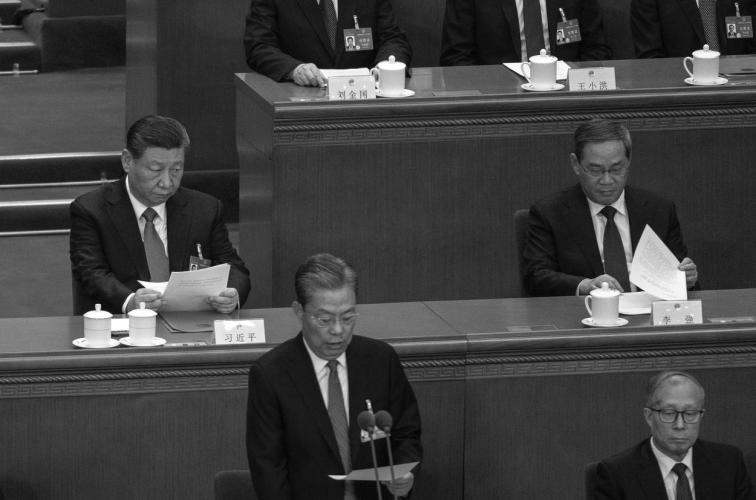


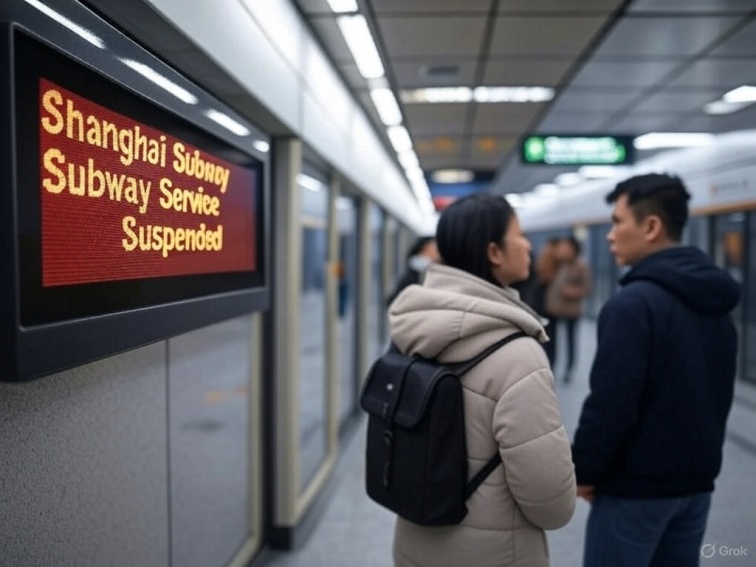
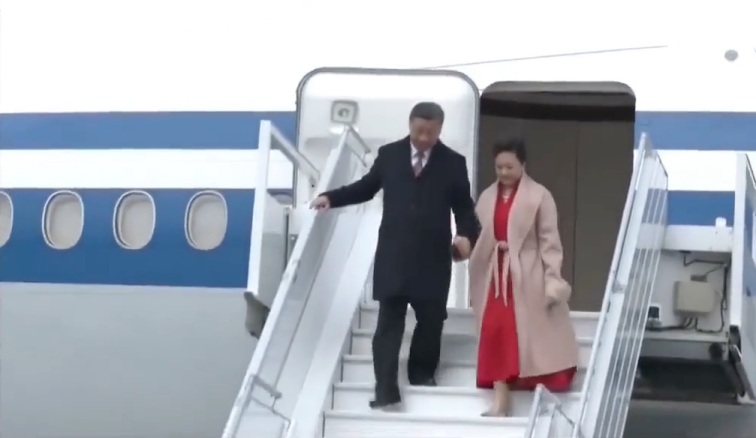
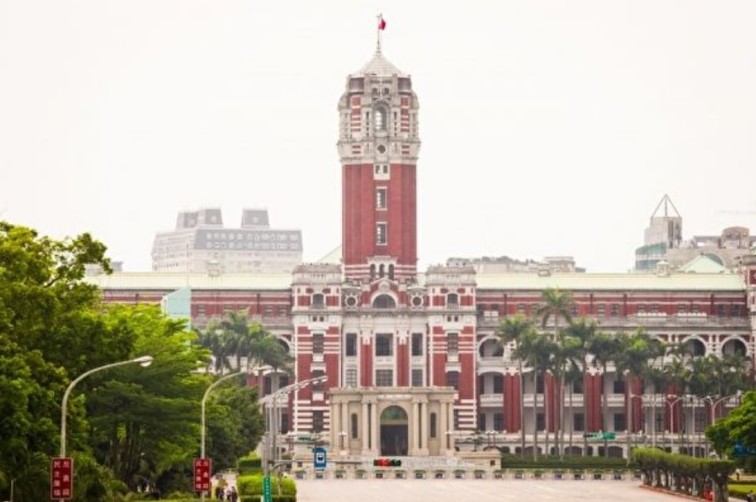
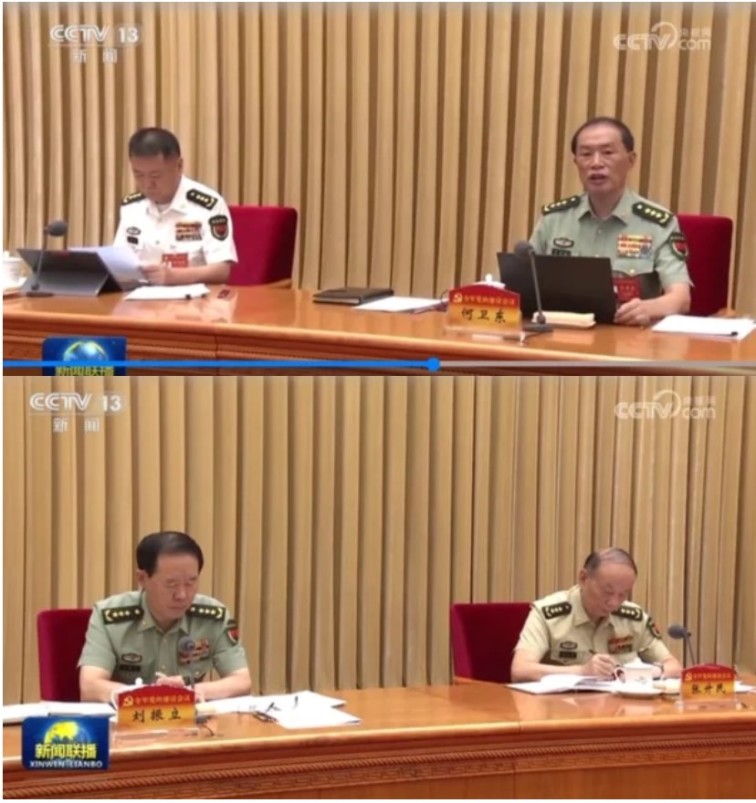


News magazine bootstrap themes!
I like this themes, fast loading and look profesional
Thank you Carlos!
You're welcome!
Please support me with give positive rating!
Yes Sure!